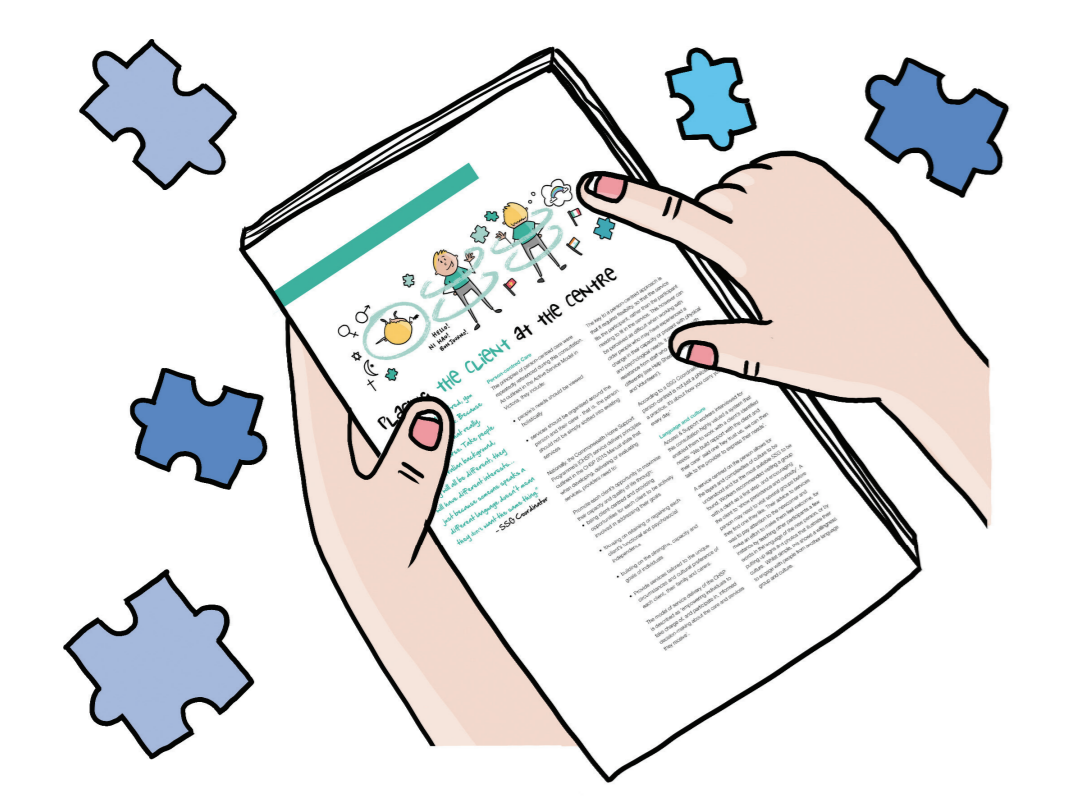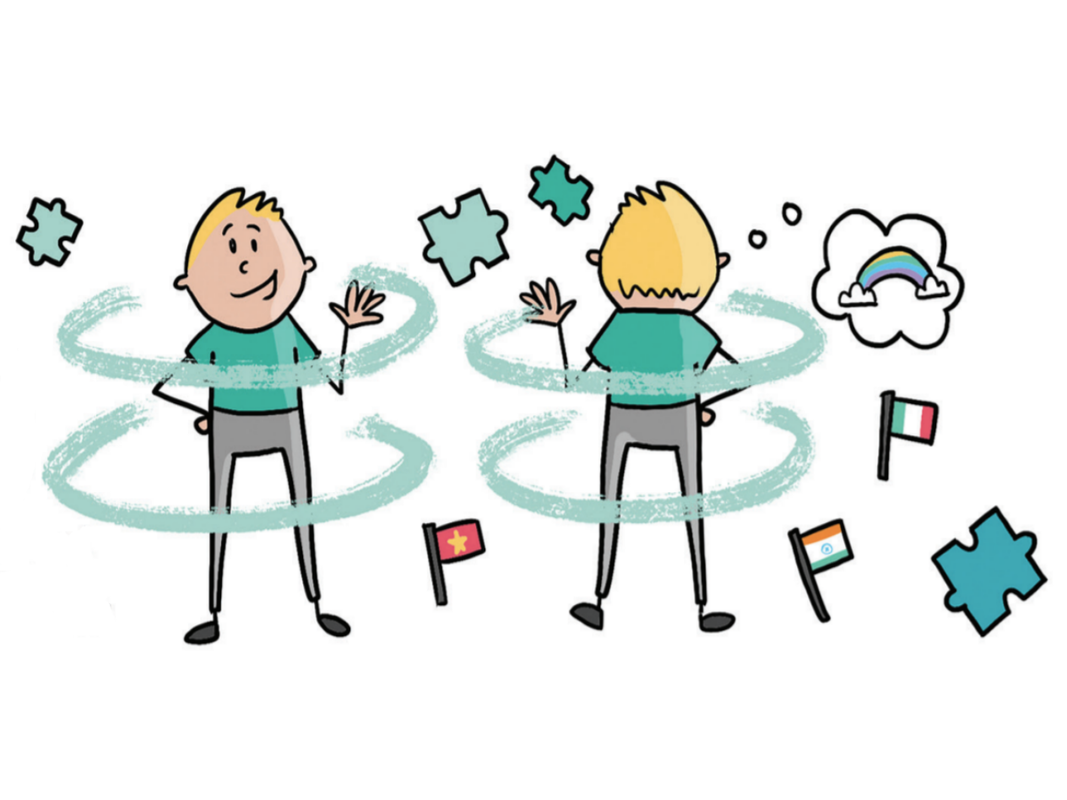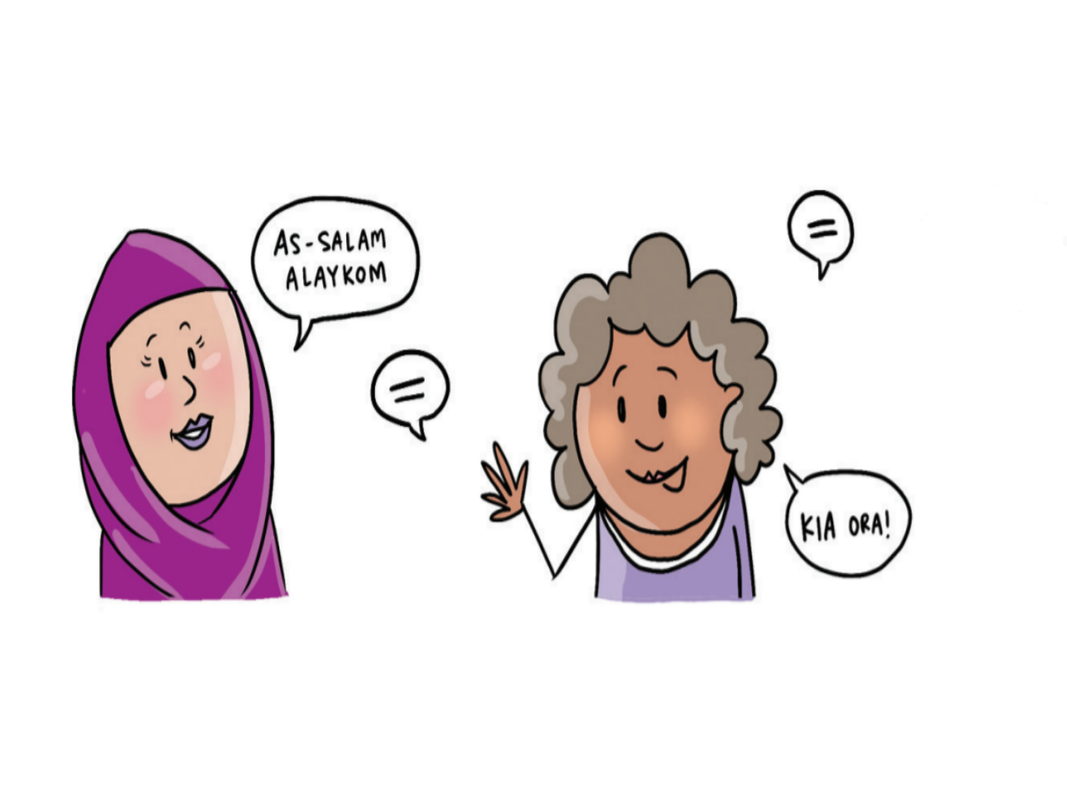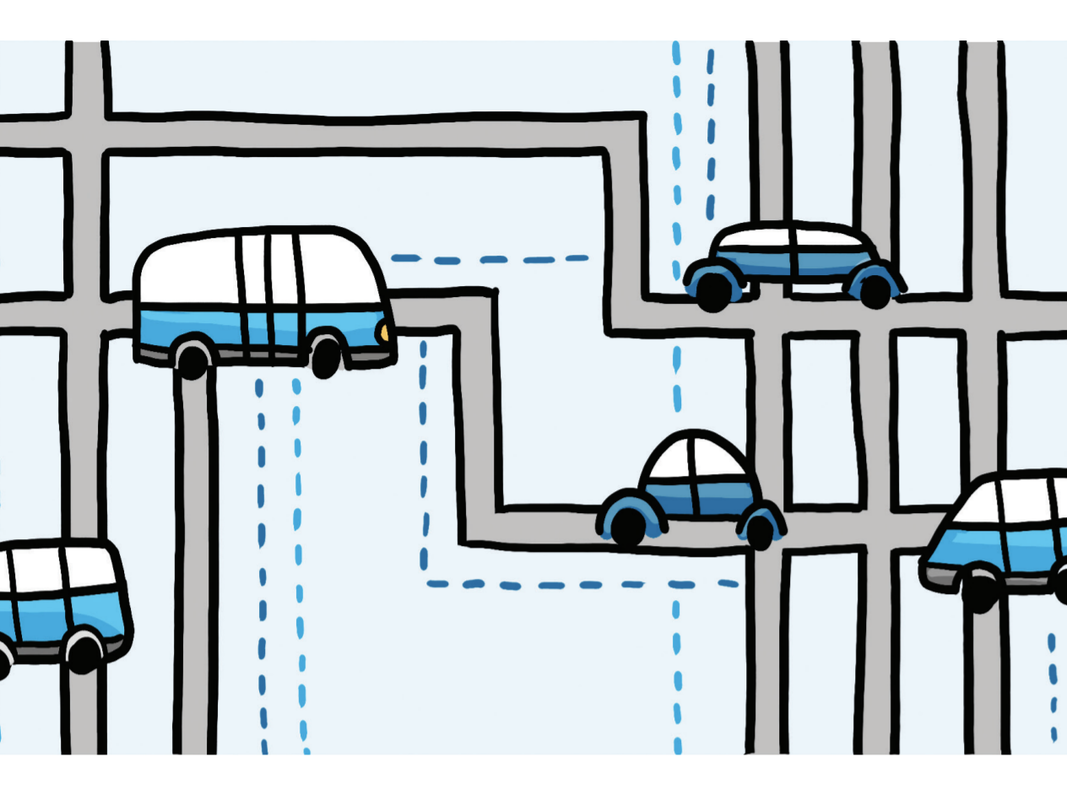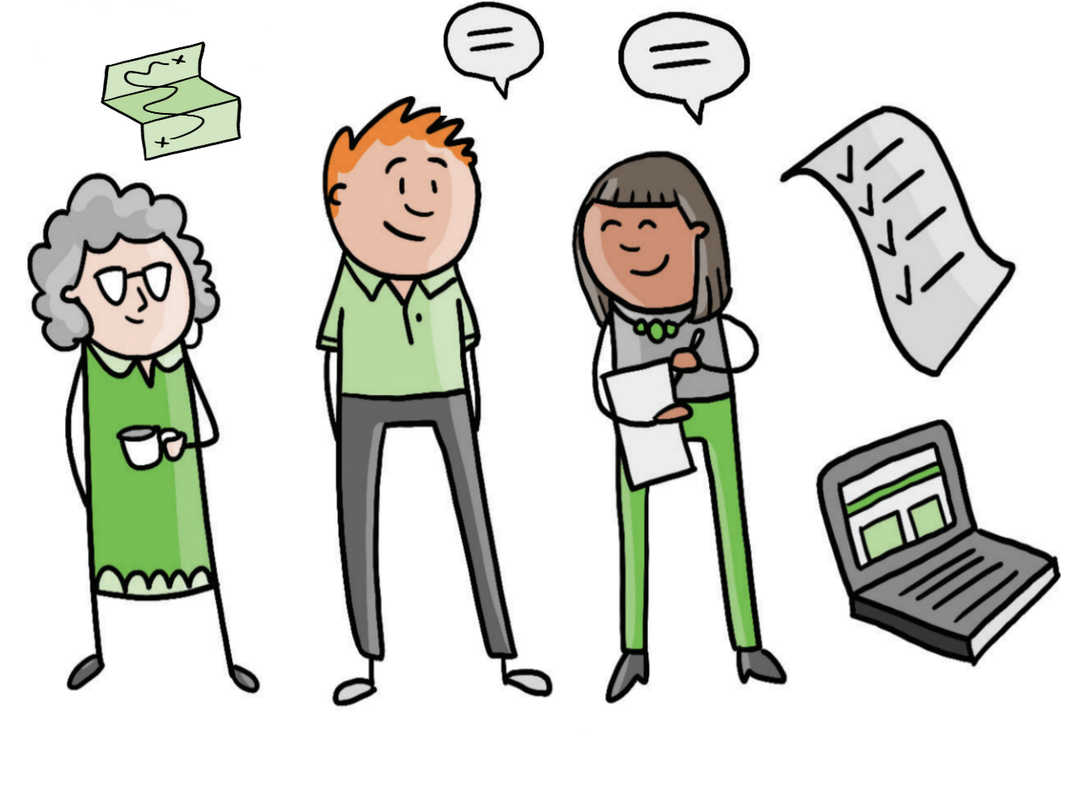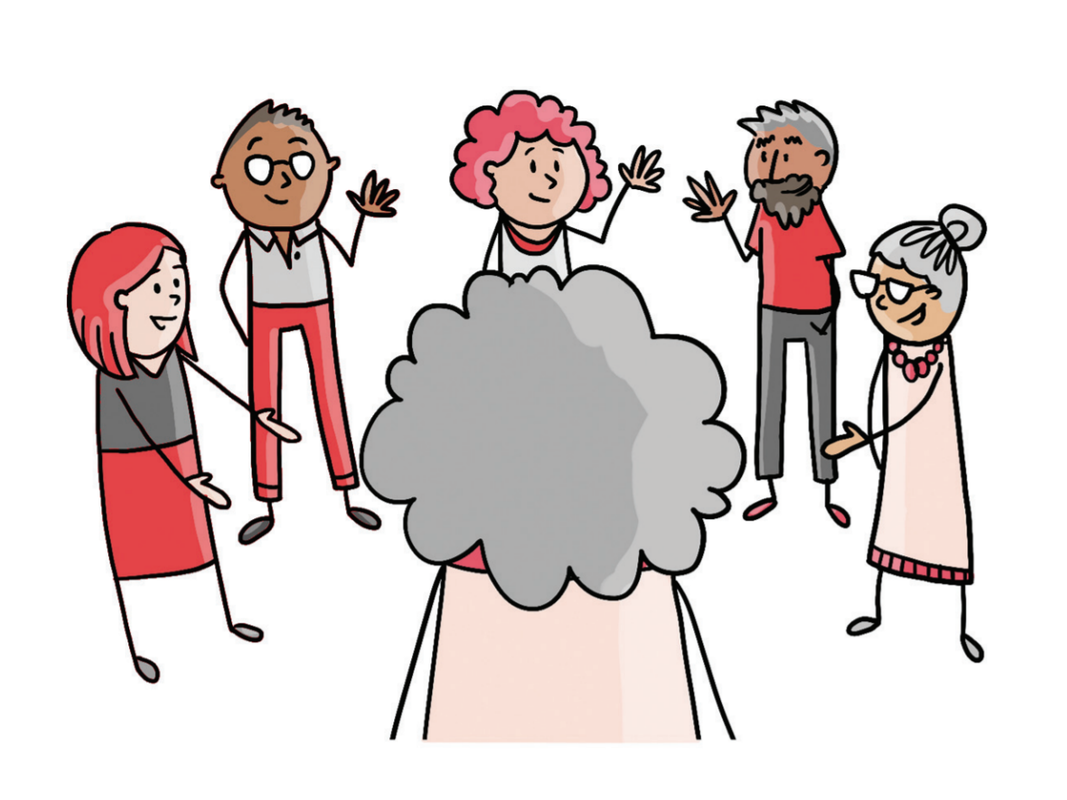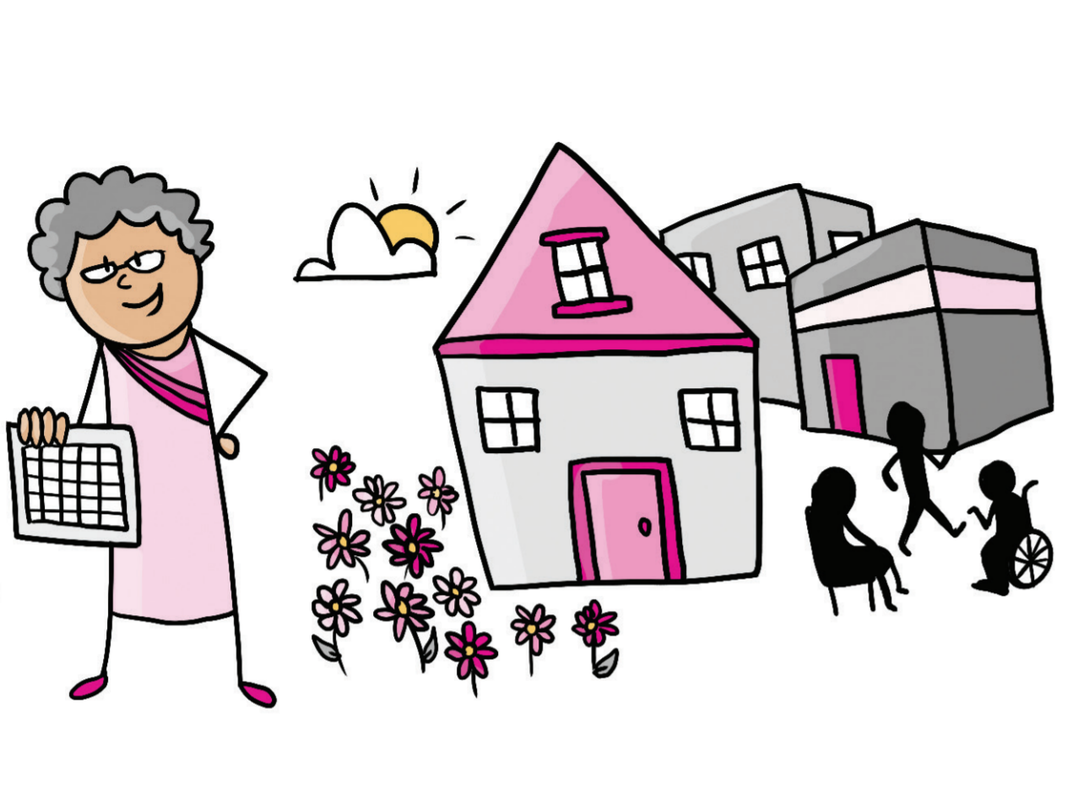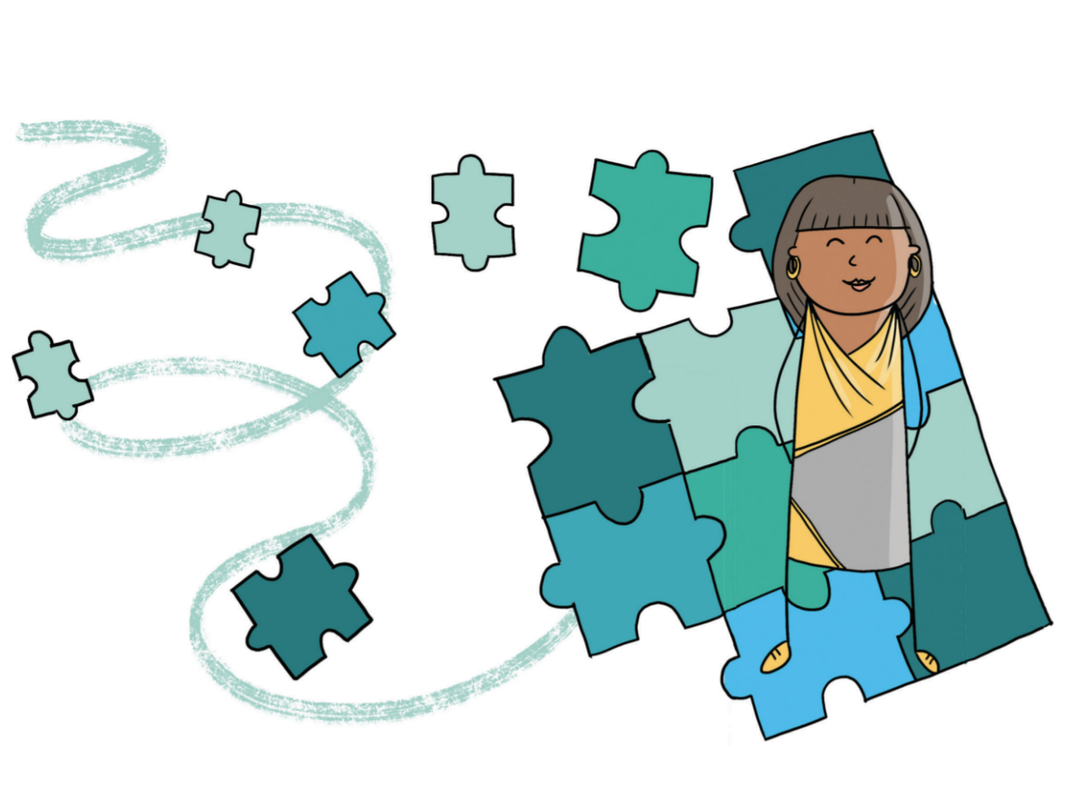Overview
|
Opening English-speaking Social Support Groups (SSG) to people with no or low English proficiency can be challenging, and staff and volunteers may find themselves at a loss when trying to ensure participants feel welcome and included. Language specific SSG will always have a place and provide great value and connection for participants. However, there are not always groups available for every language or cultural group, there can be long wait lists for these groups and there will always be people who wish to join an SSG that is not CALD specific.
Building culturally inclusive SSG have multiple benefits to the group, participants and for wider community cohesion. Watch the videos that describes the journey Uniting went on to building culturally inclusive groups and see how their approach inspired the development of this resource. Click on the images below to access the help sheets and background information on the project. |
|
|

